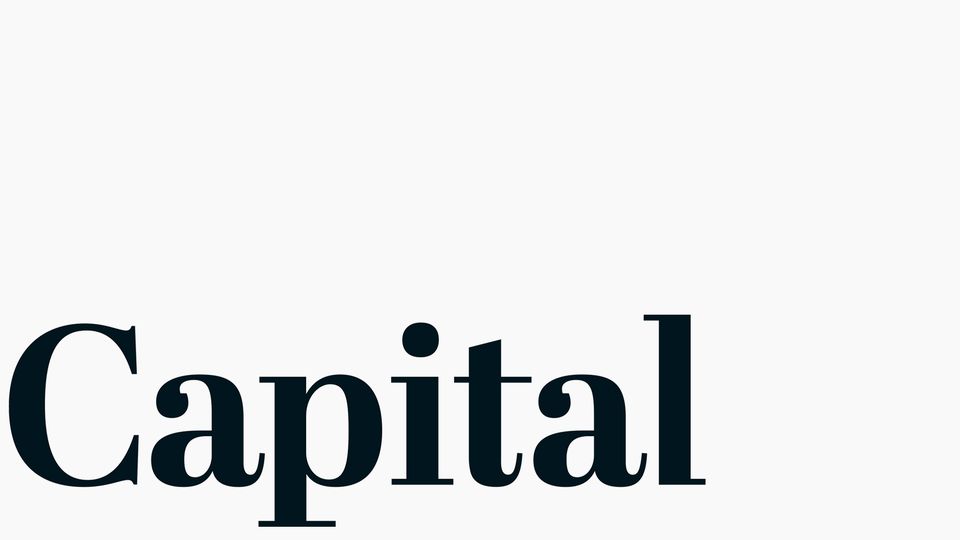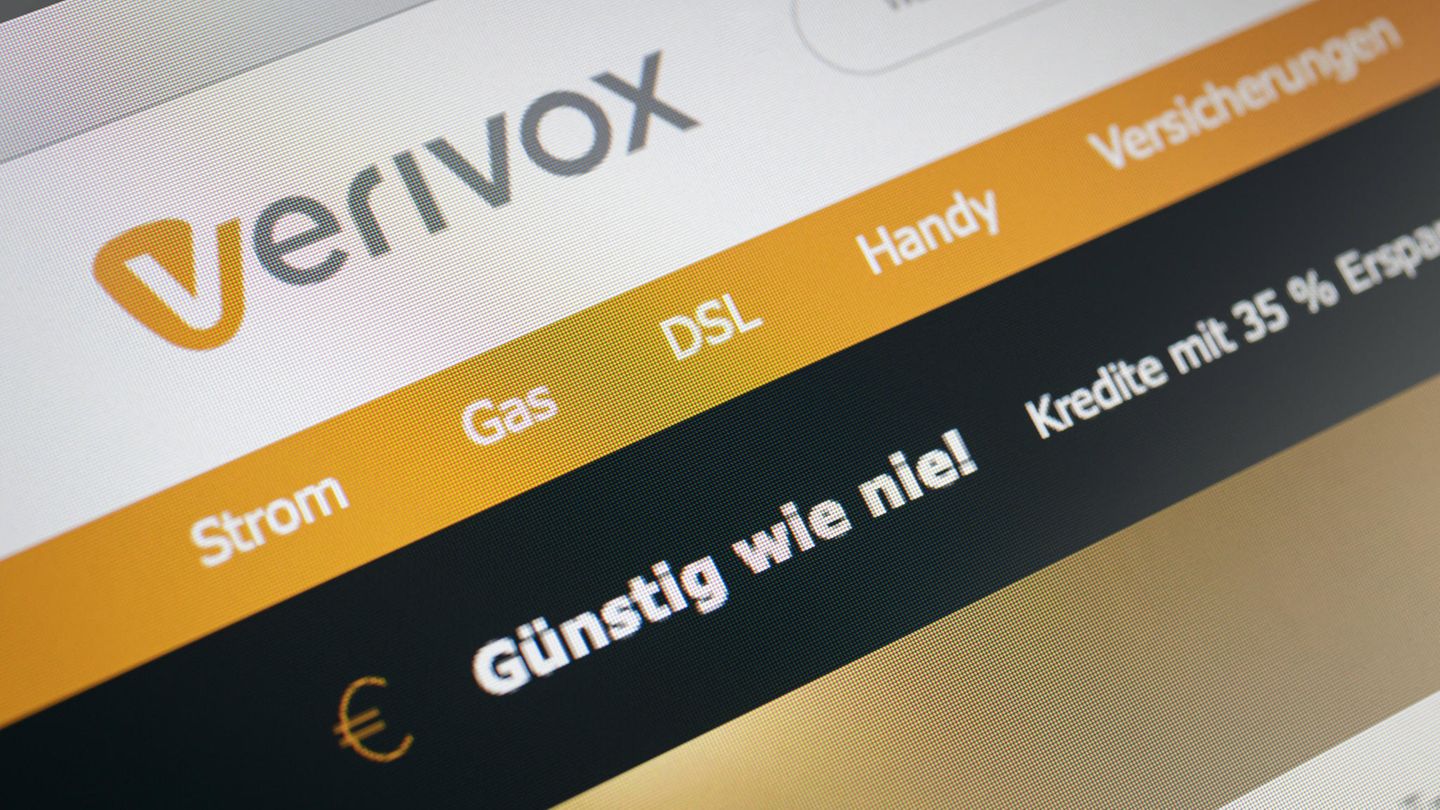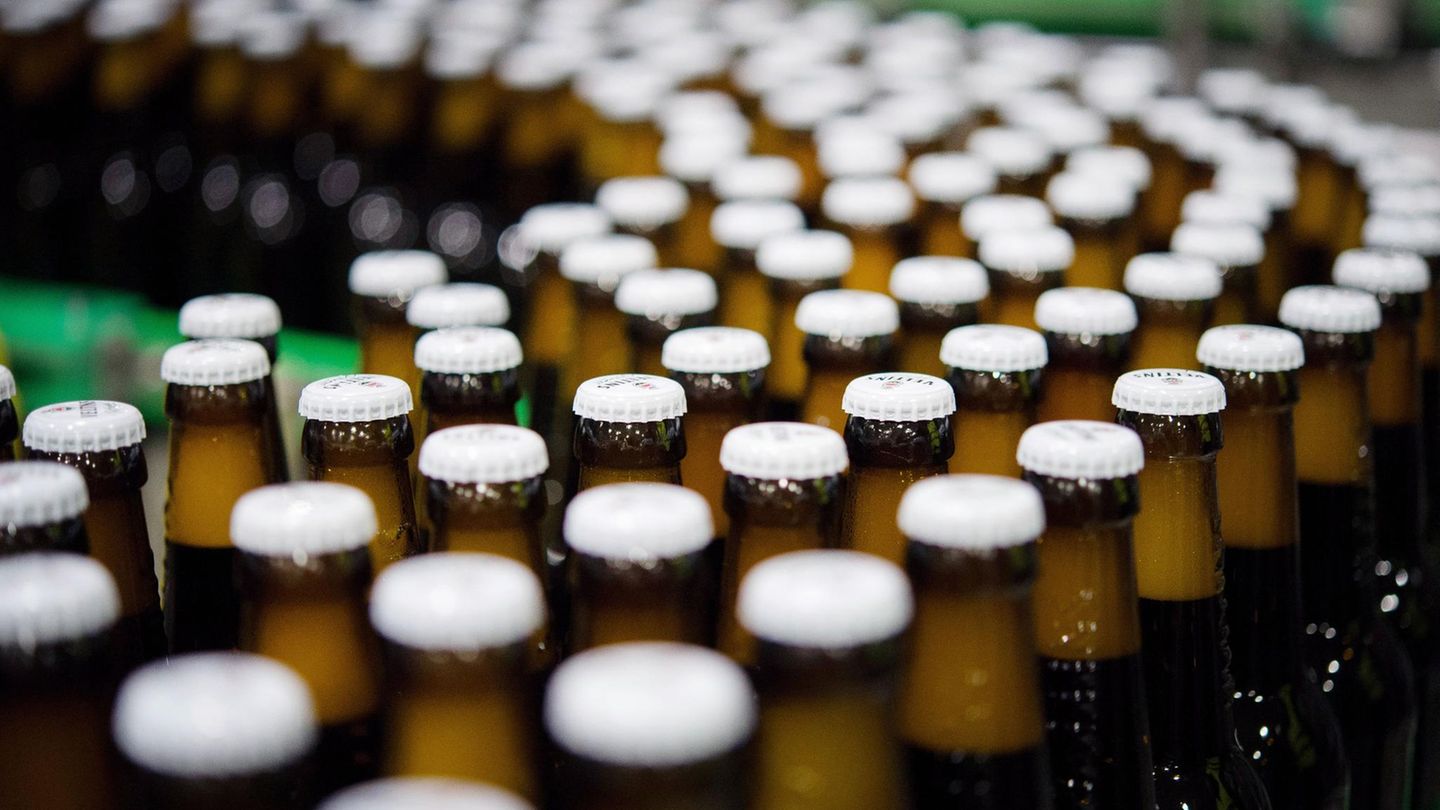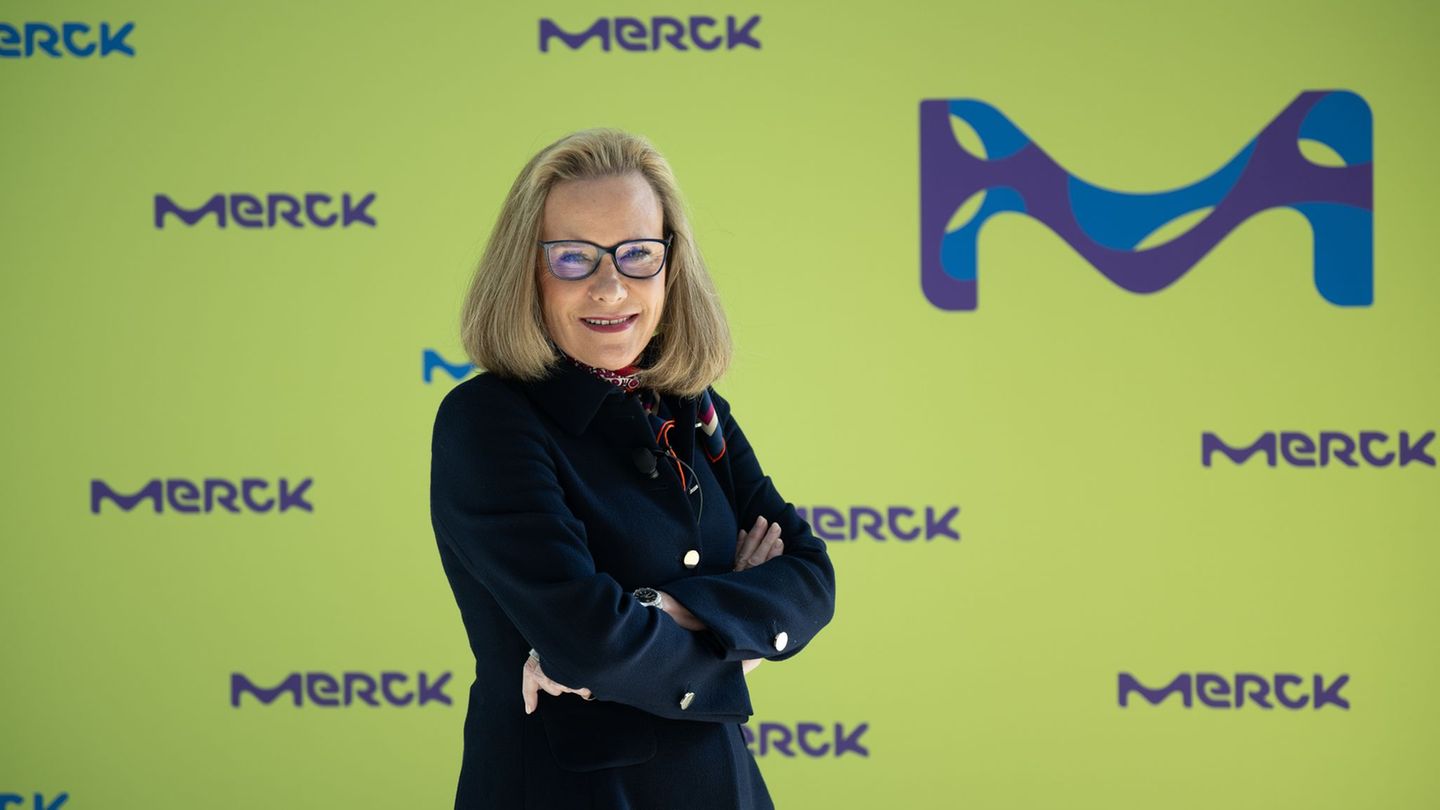The price shocks for electricity and gas contracts have brought down Verivox’s business figures. In 2022, the comparison portal slipped back into the red for the first time, as the latest report shows.

This is original content from the Capital brand. This article will be available for ten days on stern.de. After that, you will find it exclusively on capital.de. Capital, like the star to RTL Germany.
The shrinking trend had been apparent. When the comparison portal Verivox presented its annual report in February last year, the accountants were already complaining about a weak fourth quarter of 2021. The business of brokering energy contracts in particular was no longer running at the time. Due to the sharp rise in wholesale prices for electricity and gas, many suppliers had temporarily removed their tariffs from the portal. Customers therefore concluded fewer new contracts. Contrary to the original plans, Verivox therefore had to report a decline in sales – from 120 million to 111 million euros.
The company also expected lower revenues for the following year, albeit still on a small scale. According to the forecast at the time, sales in 2022 would decline “slightly” and “in the mid-single-digit percentage range” at best. In retrospect, this was a serious miscalculation: In fact, a miserable financial year followed, as can be seen in the now published annual report for 2022.
A third less sales
The energy crisis, which continued beyond the turn of the year, has therefore had a much greater impact on business than initially expected. In the 2022 reporting year, Verivox only generated sales of around 70.5 million euros – a good 40 million euros and thus a total of 37 percent less than in the previous year.
The company cites the war in Eastern Europe as the reason. “The Russia-Ukraine crisis further exacerbated the situation from April 2022 onwards, with little to no gas being delivered via the Nord Stream 1 pipeline, which caused the wholesale price to rise further,” the Verivox report says.
The shutdown of German nuclear power plants and low water levels for full operation of coal-fired power plants also contributed to the difficult financial situation. Only the “political price caps” introduced at the end of 2022 eased the situation – and made “first signs of a recovery and the return of tariffs and savings potential” visible on the platform.
High dependence on one product
The descriptions illustrate how dependent the comparison portal, founded in 1998, is on a product. Verivox is one of the largest providers of tariff comparisons in Germany, so customers can also take out cell phone tariffs, loans or insurance policies via the portal, for example. However, the majority of sales come from commissions from brokered electricity and gas contracts.
Energy costs are a major cost factor in many households. Consumers therefore regularly look for cheaper tariffs and change them frequently, sometimes even annually. Verivox is therefore particularly vulnerable to external shocks such as those experienced on the energy market in the reporting year.
The comparison portal emphasizes in the report that it has grown in other business areas at the same time. For example, revenue from advertising rose by 45 percent to around seven million euros in 2022. But that could not make up for the horrendous annual loss. Verivox’s deficit in 2022 amounted to around 30 million euros – the year before, despite initial difficulties, the company had reported a profit of just under eleven million euros. Overall, the negative trend has intensified significantly compared to 2021.
Ongoing sales talks
However, there is no longer any sense of crisis at Verivox, which has been part of the ProSiebenSat1 Group’s digital subsidiary for several years. When asked, a spokesperson said that the company is now back on a growth path. On the one hand, Verivox has been benefiting from the recovery of the energy markets since 2023. “This creates favorable conditions for new energy contracts, which has led to a significant increase in the number of contracts concluded,” it says.
On the other hand, Verivox has meanwhile expanded its product range in the areas of insurance and banking – probably also in response to 2022. A “large-scale brand campaign” has also recently had a positive effect on awareness and business. “Sales more than doubled to 162 million euros in the 2023 financial year – and were thus even above the level before the energy price crisis,” said a spokesperson. The first half of 2024 also went well, “with double-digit growth rates” in all areas.
The company has not revealed whether this will also mean a return to profitability. The brand campaign alone is likely to have led to high costs at times. A financial turnaround would definitely come at the right time for Verivox: As was announced in the spring, ProSiebenSat1 is planning to sell its subsidiary at a profit. Companies in the private equity sector in particular are said to have expressed interest, according to industry sources. A Verivox spokesperson did not want to comment in detail on the sales talks. All he said was: “The process is going according to plan.”
This text first appeared in Finance Forward, the magazine for the new financial world, which is produced in cooperation between Capital and OMR.
Source: Stern




